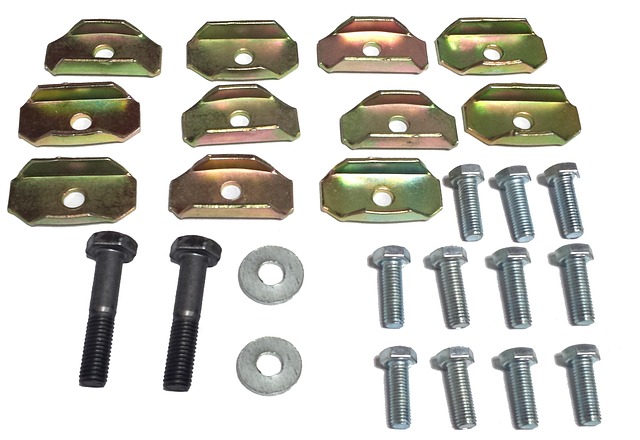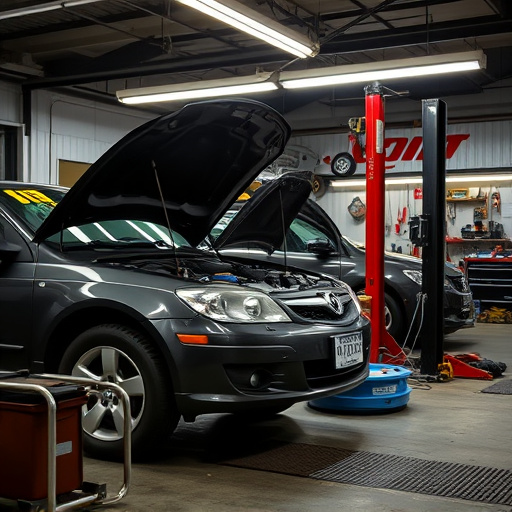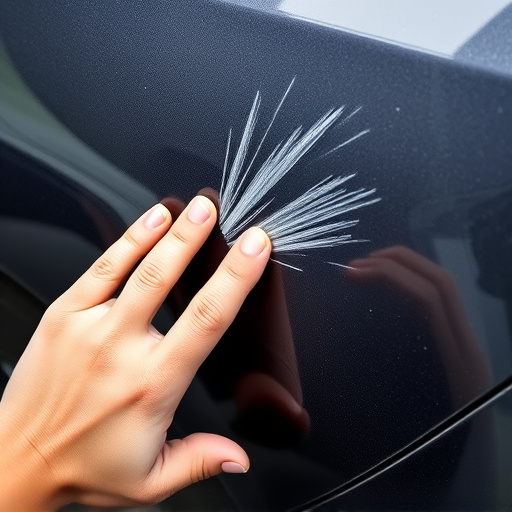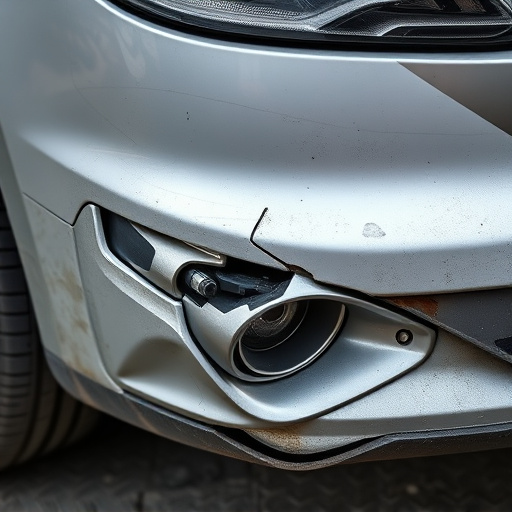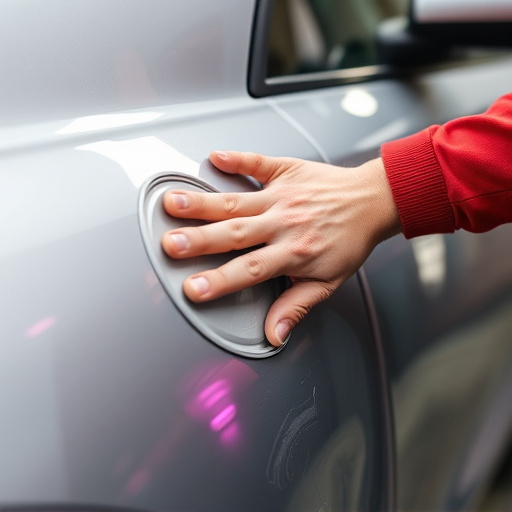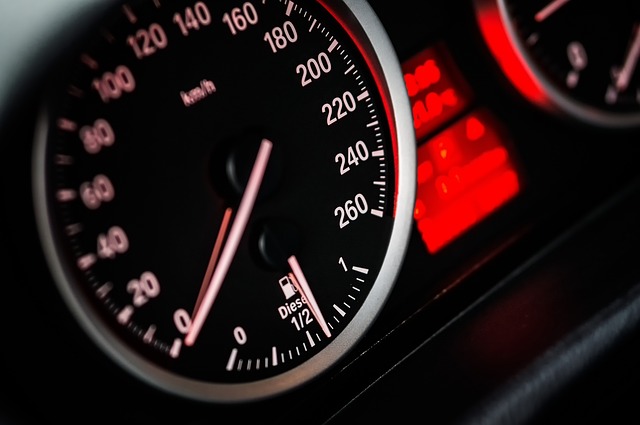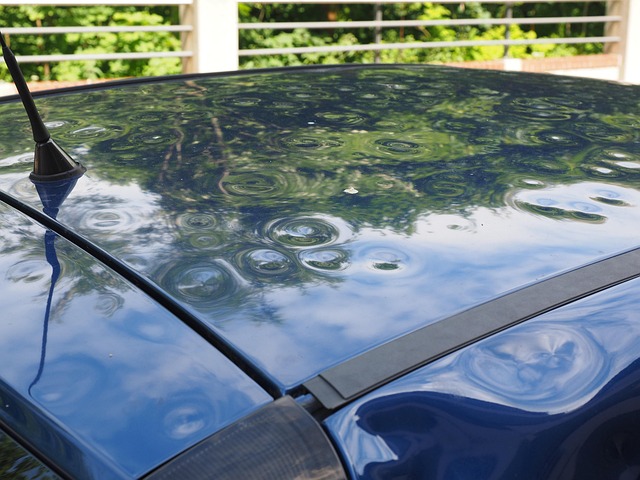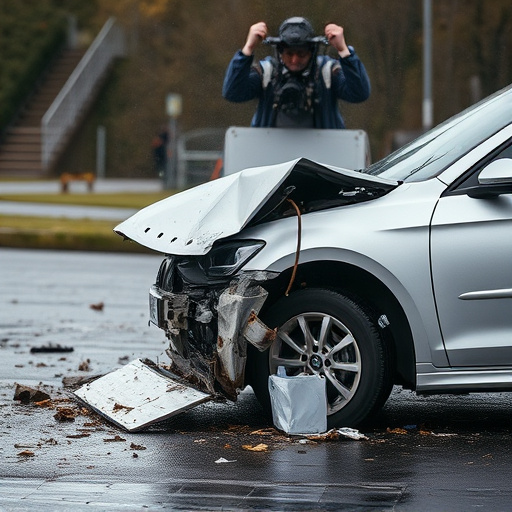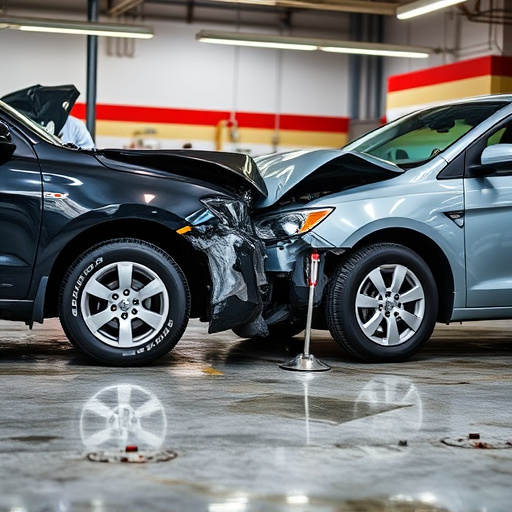Safety inspections are non-negotiable for successful car body shops, ensuring legal compliance, customer trust, and vehicle safety. These comprehensive checks maintain high standards, protect against accidents, and enhance the shop's reputation. By identifying risks, they create a safer work environment and guarantee quality repairs, increasing client satisfaction and reducing future damage. Regular inspections are legally mandated, promoting operational efficiency, risk management, and continuous improvement, keeping car body shops competitive in the market.
Safety inspections are a cornerstone of quality assurance in car body shops, playing a pivotal role in ensuring vehicle safety and legal compliance. These rigorous evaluations go beyond visual assessments, delving into structural integrity, paint quality, and more. By implementing comprehensive inspection protocols, body shops not only uphold industry standards but also foster trust among customers, who increasingly demand transparency and excellence. This article explores the critical components and benefits of safety inspections in modern car body shops.
- Understanding the Importance of Safety Inspections
- – The role of safety inspections in car body shops
- – Legal and operational significance
Understanding the Importance of Safety Inspections
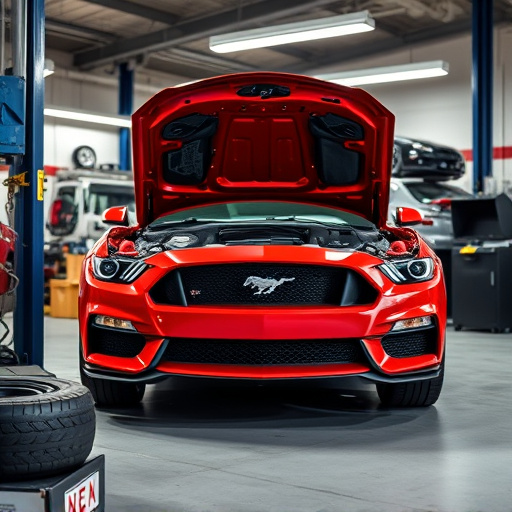
In the high-stakes world of car body shop operations, safety inspections are more than just a bureaucratic formality; they’re a lifeline. These rigorous checks ensure that every vehicle leaving the premises not only looks good but is also safe for the road. For a car body shop, implementing thorough safety inspections isn’t just about adhering to legal requirements; it’s about fostering trust with customers and maintaining a reputation for excellence in vehicle collision repair.
When it comes to vehicle body shops, these inspections serve as a crucial quality control measure. They scrutinize every detail from structural integrity to paint job quality, ensuring that repairs are both secure and aesthetically pleasing. By prioritizing safety inspections, car body shops can guarantee customer satisfaction while minimizing the risk of future accidents due to subpar repair work.
– The role of safety inspections in car body shops
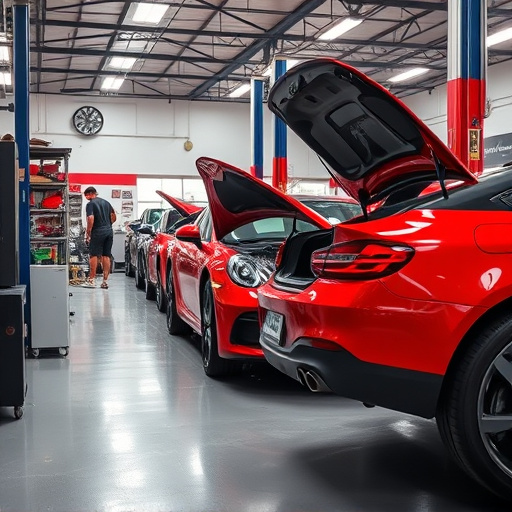
Safety inspections are a vital aspect of running any car body shop. These rigorous checks ensure that the facility adheres to the highest safety standards, protecting both employees and vehicles in their care. By implementing comprehensive inspections, body shops can identify potential hazards before they become issues, promoting a safer working environment. This is particularly crucial in an industry where heavy machinery, hazardous materials, and intricate vehicle repairs are commonplace.
Regular assessments help maintain the integrity of automotive repair processes. From examining equipment for proper functionality to verifying compliance with environmental regulations, these inspections safeguard against accidents and substandard work. Moreover, they play a critical role in preventing further car damage repair during subsequent service visits, ensuring customer satisfaction and vehicle longevity.
– Legal and operational significance
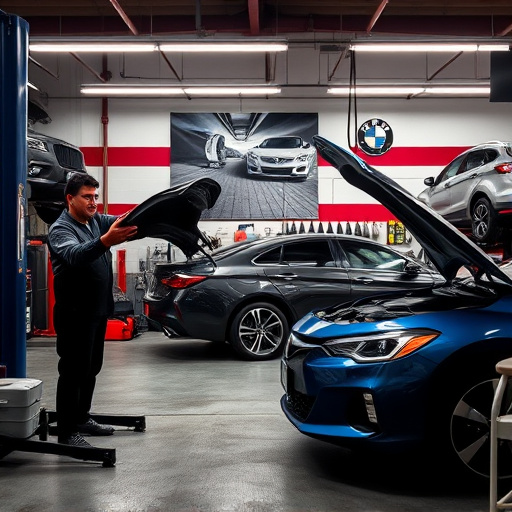
Safety inspections are not just a best practice but a legal requirement for car body shops. These rigorous checks ensure that the facility adheres to industry standards and regulations, safeguarding both employees and customers. Moreover, they play a pivotal role in operational efficiency and quality control. A well-maintained car body shop with up-to-date safety protocols can streamline its processes, reduce errors, and enhance overall productivity. This, in turn, translates into better vehicle repair services and increased customer satisfaction for businesses offering auto repair near me or fleet repair services.
The legal significance cannot be overstated. Non-compliance with safety standards can lead to severe penalties, licensing issues, and even closure. For car body shops, staying on top of these inspections ensures a competitive edge in the market while promoting a culture of continuous improvement. Regular safety assessments also foster a proactive approach to risk management, enabling quick identification and mitigation of potential hazards, be it during collision repair or any other vehicle-related service.
Safety inspections are an indispensable aspect of running a successful and responsible car body shop. By implementing regular checks, businesses ensure not only their compliance with legal standards but also the well-being of employees and customers alike. These inspections play a pivotal role in identifying potential hazards, maintaining high-quality work, and fostering a culture of safety, ultimately contributing to the overall success and reputation of the car body shop.

